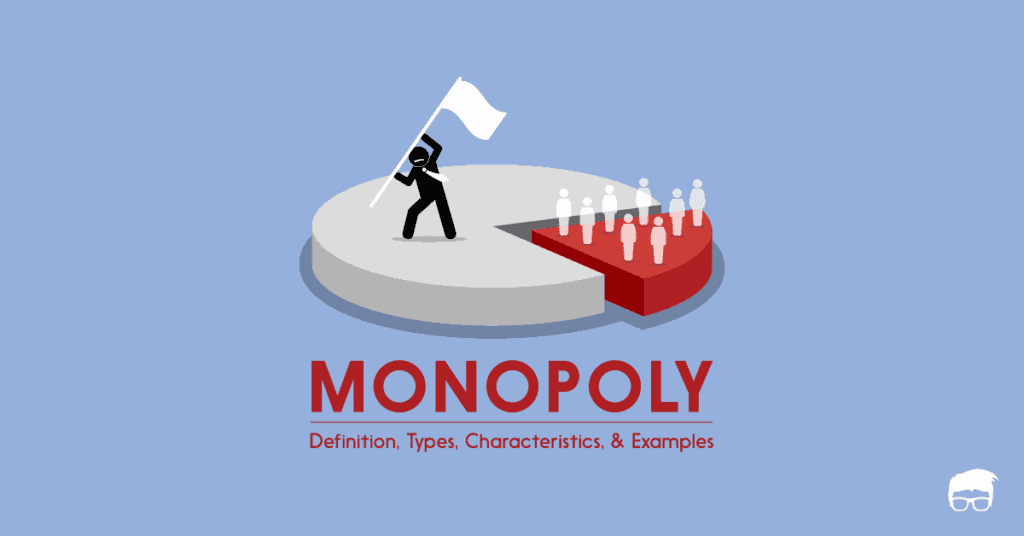

Orbanes also says it is important to understand that what “happens off the board is just as important to the experience as the physical game itself” (Orbanes 51). Phillip Orbanes, an American game designer and former vice-president of research and development at Parker Brothers, has attempted to elucidate the factors that make a good board game: “make the rules simple and unambiguous … don’t frustrate the casual player … establish a rhythm … focus on what’s happening off the board … give ‘em chances to come from behind … provide outlets for latent talents” (Orbanes 52-55). What makes a board game successful is harder to define. Booth provides an eloquent explanation, however, for the allure of face-to-face board games: “they remind us of our face-to-face past, and recall a type of pre-digital luddism where we can circle around the ‘campfire’ of the game board” (Booth 1-2). The Internet also provides “communities” in which fans can share their enthusiasm, be it as geek culture or cult fandom (Booth 2).
#ANTI MONOPOLY 2 SERIES#
Ex-Star Trek actor Wil Wheaton hosts the popular Web series TableTop, in which each episode explains a board game that is then played, usually with celebrities.

If the current turn towards board games represents a desire to escape from the digital world, the Internet is also contributing to the renaissance. Board games are predicted to continue to grow, with the global market revenue record at US$19 billion dollars in 2022, a figure that is expected to rise to US$40 billion within 6 years (Atrizton). The emergence of Kickstarter, a global crowdfunding platform which funds new board games, is filling the gap in the contemporary board game market, with board games generating 20 per cent of the total funding raised (Carter). Total sales of board games in Australia are expected to reach AU$86 million in 2023, an almost 10 per cent increase from the preceding year (Statista "Board Games – Australia"). The global market was predicted to increase by US$1 billion in 2021, compared to 2020 (Jarvis). These cafes are important as they are “helping manufacturers to understand the kind of games that appeal to the larger section of players” (Atrizton).ĬOVID-19 caused board game sales to increase. In the board game café Draughts in the UK, customers pay £5 to select and play one of 800 board games, including classics like Monopoly and Cluedo. Still played on rainy days, weekends, and holidays, we now also play board games in dedicated game board cafés like the Haunted Game Café in America, the Snakes and Lattes in Canada, or the Mind Café in Singapore. Today, regardless of or because of our digital lives, we are in a “board game renaissance” (Booth 1). Similarly, the Industrial Revolution allowed for the mass production of board games, boosting their popularity across nations, class, and age (Walker 13). Chess had many variations prior to the fifteenth century. Trade, war, and science impacted on their development, as did the printing press, which allowed for the standardisation of rules.

Historically, miniature versions of battles or hunts were played out in what we might recognise today as a board game. Likely board games were developed to do two things – teach and entertain. Board games have a long history not specific to one period, geography, or culture. While on-demand television is a significant factor in this trend, for Moriaty and Kay (6), who wouldn’t “welcome chance to turn away from their screens” to seek the “warmth and connection you get from playing games with live human family and friends?” For others, playing board games can simply be about nostalgia. The increasing popularity of board games are part of what Julie Lennett, a toy industry analyst at NPD Group, describes as the “nesting trend”: families have more access to entertainment at home and are eschewing expensive nights out (cited in Birkner 7). Since the early 2000s, and especially since the onset of COVID-19 and long periods of lockdown, board games have seen a revival in popularity.


 0 kommentar(er)
0 kommentar(er)
